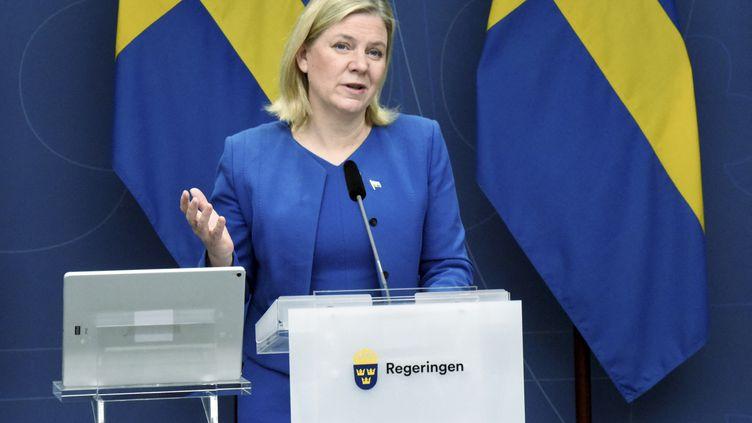
Covid-19: Sweden lifts almost all of its health restrictions
After 18 months of the pandemic and more than 14,900 deaths recorded in the country, Wednesday September 29 marks the end of almost all health restrictions and recommendations in Sweden. Here's what's changing starting today, for the fourth and penultimate stage of the reopening schedule.
“Now we are in a much better position. It is time for the people of Sweden to come together in football stadiums, workplaces and restaurants,” Health and Social Affairs Minister Lena Hallengren said for the next stage of the pandemic reopening schedule. of Covid-19. Indoor and outdoor events full again, more social distancing and gauge imposed in restaurants, bars and nightclubs, then a gradual return to face-to-face work, here is what the Swedes will finally find. A return to normal life, at least, for the vaccinated. Still no imposed health passport, as in France for example, but non-vaccinated people are called upon to continue to respect health recommendations and above all, to be vaccinated as soon as possible.
Full concerts and sporting events

As of today, the limit on the number of participants in public and private gatherings and events is completely removed. This means that stadiums, concert halls, lounges and more can once again be filled to capacity, both indoors and outdoors. The government has also announced that there will be no need for a vaccination certificate to access any event. For those who are not yet vaccinated, they are simply advised to keep their distance and avoid large gatherings.
A gradual return to the workplace
As of September 29, the recommendations of the Swedish Public Health Agency (SSPA) on teleworking are also lifted. This means that many home workers can now gradually return to their business premises. Recommendations for digital meetings and exchanges are also disappearing. The same is true for the few distance courses in schools.
Nightlife takes back its rights
The few restrictions imposed that mainly concerned night establishments and restaurants, such as the distance between tables and the maximum number of people in each group, have now been removed. The same applies to measurements in private gatherings, such as weddings or birthdays. This therefore means that it is again possible to move around and dance in nightclubs and bars, for example. These establishments are also returning to their normal opening and service hours, as before.
What restrictions and recommendations remain in effect?
There will still be a fifth and final step in the Swedish government's plan for the reopening of the country, with the total removal of health restrictions and recommendations. However, no date has yet been set. The ASSP's general advice on staying home and getting tested if you have symptoms of the virus remains. For people who are not vaccinated or who have not yet received their two doses, they are still advised to maintain social distancing and avoid large events. They should also avoid close contact with people at risk and those aged 70 and over. The advisory does not apply to people under the age of 18 or who for medical reasons cannot be vaccinated against Covid-19.
The government has also decided to extend the laws around Covid-19, in particular that on temporary hygiene control measures in establishments with spaces "at risk of infection" until January 2022 .







